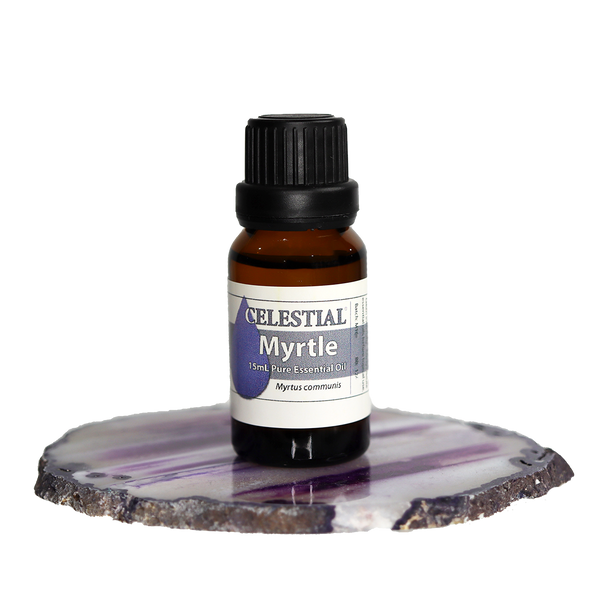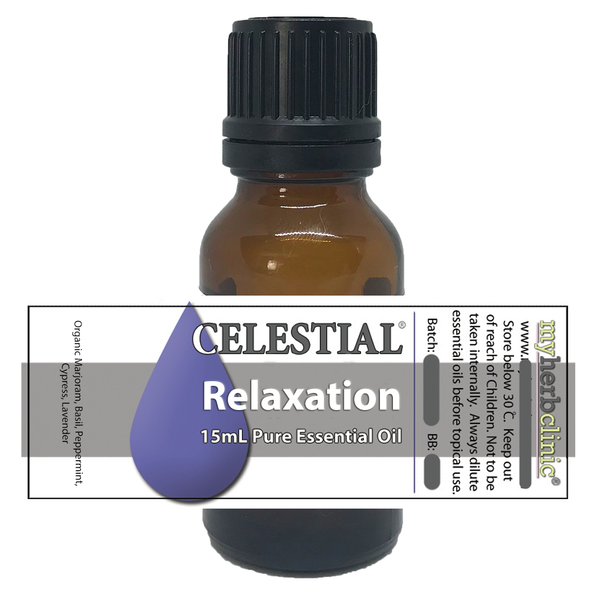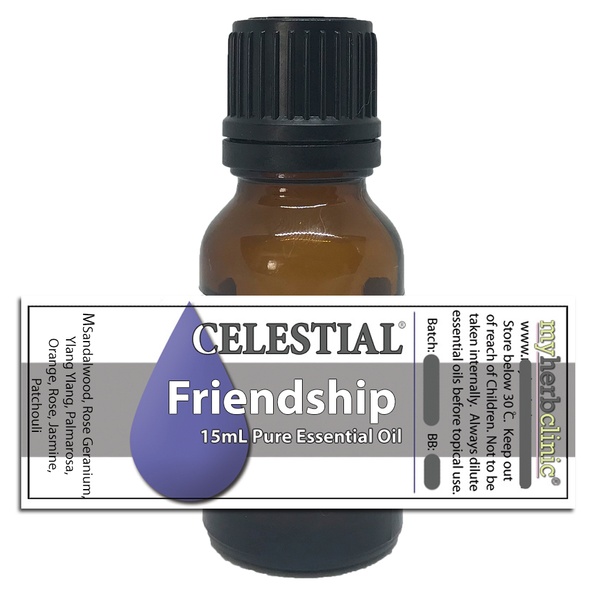Description
Myrtle Essential Oil
Botanical Name: Myrtus communis
Origin: India
Method: Steam distillation
Part Used: Leaf & Twig
Perfumery Note: Middle to top note
Scent: medium strength, sweet, fresh, green and slightly camphorous
Typical Main Constituents: a-Pinene, 1,8-Cineole, Myrtenyl Acetate, (+)-Limonene, Linalool, a-Terpineol
Blends well with: Bergamot, Clary Sage, Clove Bud, Hyssop, Eucalyptus, Ginger, Lavender, Peppermint, Rosemary, Spearmint, Thyme, and Tea Tree
Introducing Myrtle Essential Oil, sourced from the picturesque lands of Corsica and distilled through meticulous steam distillation.
Crafted from the botanical wonders of Myrtus communis, this oil embodies tranquility and balance, offering a fragrant journey from top to middle notes, enriching various perfume compositions.
Immerse yourself in its serene embrace as it calms nerves and soothes the mind, paving the way for peaceful nights and restful sleep. Embrace the essence of Aphrodite, the goddess of love, as Myrtle Essential Oil sets the stage for intimate moments, fostering connection and passion between partners.
Elevate your senses, create a harmonious ambiance, and indulge in the luxurious serenity of Myrtle Essential Oil.
Topical Application Information:
This essential oil is pure and undiluted, so if you wish to use it on your skin it will have to be diluted first. The general guide to using essential oils on your skin is that they should be diluted to a maximum of 3-5% in a carrier oil. For essential oils like Myrtle it is recommended you dilute even further than this to less than 2%.
Essential Oil Safety:
Always dilute essential oils before applying them to your skin as when undiluted they may cause skin irritations. It is always a good idea to do a small patch test somewhere like the back of your hand when using a new essential oil for the first time.
DO NOT ingest essential oils. It is against the TGA (Therapeutic Goods Administration) Guidelines to suggest ingestion of essential oils in Australia. This is due to safety concerns around the harm an undiluted and highly concentrated essential oil can do when ingested. There are very few exceptions to this, which include a small number of essential oils allowed to be used in the food manufacturing industry in highly diluted amounts for flavouring and scent (such as Lavender and Peppermint), or when under the care of a qualified Naturopath or Aromatic Medicine Practitioner (holds recognised qualifications, and is a member of a Professional Association granting TGA exemptions).
It is always best to avoid using essential oils on or around your pets. Dogs process most essential oils similar to how humans do, and will usually not be bothered by most essential oils being diffused in a well ventilated space. Many dog shampoos and conditioners also contain essential oils. However we recommend you never leave a dog unsupervised in a room with an essential oil diffuser on. Cats do not tolerate essential oils and small amounts may be harmful, even using a diffuser in the same room may cause toxicity.
Essential Oil Storage:
Essential oils can last well beyond their best before in most cases when stored well. Minimise the time your lids are removed from bottles to reduce oxidisation, keep your lids on tight, and store out of light in a cool place.















